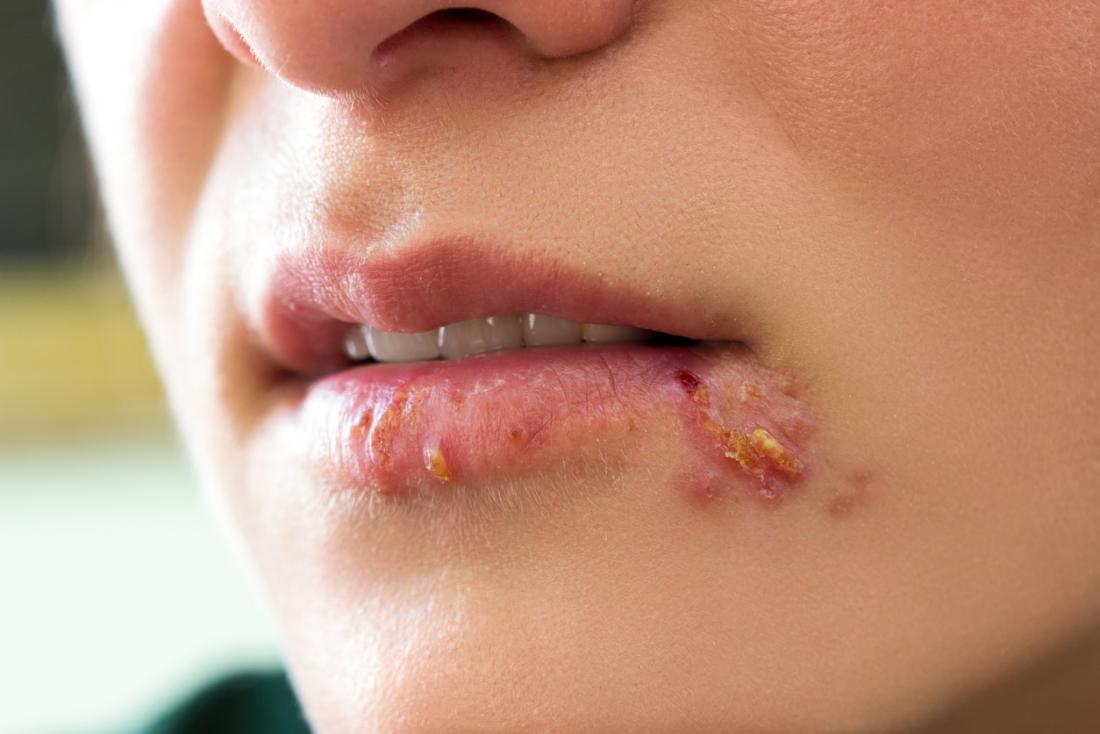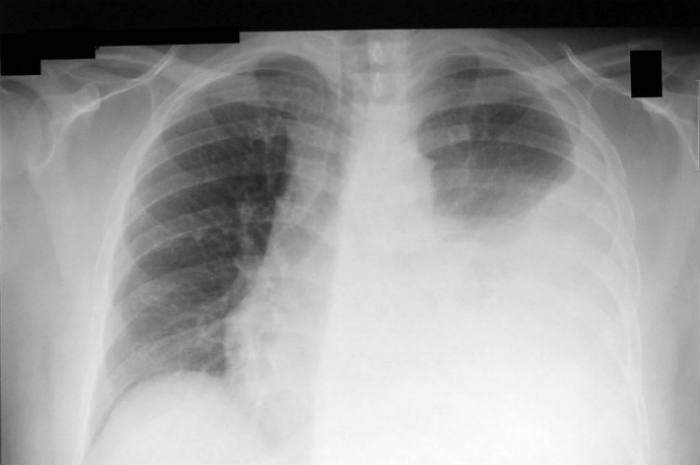ILa biological therapy in patients with psoriasis severe is associated with significant improvements in coronary plaque characteristics, according to new research coordinated by Nehal N. Mehta, of the National Heart, Lung, and Blood Institute in Bethesda, USA, ad published in Cardiovascular Research, a journal of the European Society of Cardiology.
The severe psoriasis is characterized by a high risk of myocardial infarction early and coronary artery disease rates similar to those of type 2 diabetes, and in affected patients, the extent of noncalcified plaque correlates significantly with both traditional cardiovascular risk factors and psoriasis severity.
Mehta and colleagues characterized coronary plaque before and after therapy in 121 individuals with moderate to severe psoriasis. Of these, 32 received topical treatment and 89 received biologic therapy, of three different types: anti-TNF, anti-IL12/23 or anti-IL17.
After one year of follow-up, in patients treated with biologic drugs, the U.S. researchers found a 5 percent reduction in total coronary plaque and also in non-calcified plaque, while in those who had undergone topical therapy there was no significant improvement. Indeed, in the latter subjects, coronary artery disease has progressed, and part of the fibrous component of the plaque has converted to fat-fibrous, signaling a lipid infiltration whose consequences are well known: the fibrous wall thins and may eventually rupture, increasing the risks of thrombus formation.
Patients treated with biological therapy also improved in terms of systemic inflammation, although the authors themselves recommend caution and urge larger, randomized studies.
However, optimism is also warranted because the result adds to that of previous research, in which biological therapy was seen to reduce the risk of a new cardiovascular event in subjects who had already had a myocardial infarction.




































































































